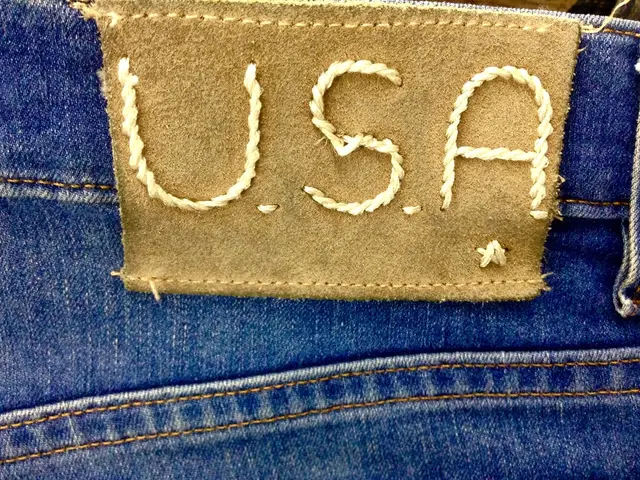Israeli aggression prompts a fresh Gulf reaction, depicted in the midst of wreckage
In a significant turn of events, the state visit of former US President Donald Trump to the Gulf Cooperation Council (GCC) states in 2025 failed to bring closer alignment with Gulf priorities or the ability to restrain Israeli Prime Minister Binyamin Netanyahu. This was evident in the Israeli airstrike on Qatar on September 9th, marking the first direct attack on a Gulf monarchy by Israel.
Despite Gulf states' mediation efforts with various groups, including Hamas, Hizbullah, and the Houthis, Washington notified Doha only after the attack began, raising questions about the security of Gulf monarchies. In response, Gulf leaders are seeking more sovereignty and autonomy over decision-making and the operational management of their own defenses.
The Israeli attack has threatened to pull Gulf states into direct conflict with Israel and may discourage them from continuing mediation efforts. Some Gulf officials propose enhancing a security dialogue with Iran to signal to Israel that there are more ways to limit its room for maneuver.
Meanwhile, European leaders are being urged to reach out to their Gulf counterparts to be involved in discussions for the new 6+2 framework in New York. Practical cooperation on defense with Israel, such as networking air defense radars, may be walked back, and closing airspace to Israel has been suggested.
The UAE may divest Sovereign Wealth Funds capital from Israeli firms or recede from Abraham Accord-related deals as geoeconomic instruments against Israel. The Israeli strike exposed the misreading of leverage by Gulf capitals in Washington and the need for them to adapt.
The Trump administration ignored Gulf pleas to rein in Netanyahu in the Israel-Iran war and tolerated its closest ally striking Qatar. This has led to a marked shift in Gulf players' efforts to close ranks, with new attempts to form a counterweight to both Iran and Israel. This includes repairing the strategic alliance between the UAE and Saudi Arabia and meetings between the leaders of the UAE, Saudi Arabia, and Qatar.
The geopolitical goals of the potential front include halting Israeli strikes in the Levant, preventing state collapse in Syria and Lebanon, crowding out both Iran and Israel in Iraq and Yemen, and deepening Gulf influence within Yemen and Iraqi political circles. A cohesive Gulf-led front, if it materializes, could become a strong partner for Europe in stabilizing the Levant, managing post-conflict Gaza, and containing Israeli strikes in Syria and Lebanon.
European leaders are being encouraged to offer their active support to contain Israel, starting with seizing the momentum for the recognition of a Palestinian state at the French-Saudi initiative and pressure Israel with a full arms embargo, as long as it embraces conflict. However, the UAE may see Israeli overreach as making relations too toxic to maintain, but walking away from the Abraham Accords could be a last resort, reserved for when Israel officially annexes the West Bank.
In a significant move, Saudi Arabia and Pakistan signed a mutual defense deal on September 16th, indicating ongoing discussions. Some suggest enhancing a security dialogue with Iran to signal to Israel that there are more ways to limit its room for maneuver. Doha is considering asking Hamas's political leadership to relocate, which could compromise future US/Israeli negotiation efforts to end the war on Gaza.
The new 6+2 framework on regional security, involving Gulf capitals, Turkey, and Egypt, is being discussed on the sidelines of the UN general assembly. The formation of the "Middle East Strategic Alliance" (MESA), also known as the "Arab NATO," during Trump's presidency aimed to enhance regional security cooperation among Gulf states and other Arab countries to counter threats such as Iran. This coalition was intended to discuss and coordinate over regional security issues.
These developments highlight the evolving dynamics of the Middle East, with Gulf states seeking to assert their independence and influence in regional affairs, while navigating complex relationships with Israel, Iran, and the United States.
Read also:
- United States tariffs pose a threat to India, necessitating the recruitment of adept negotiators or strategists, similar to those who had influenced Trump's decisions.
- Weekly happenings in the German Federal Parliament (Bundestag)
- Southwest region's most popular posts, accompanied by an inquiry:
- Discussion between Putin and Trump in Alaska could potentially overshadow Ukraine's concerns








